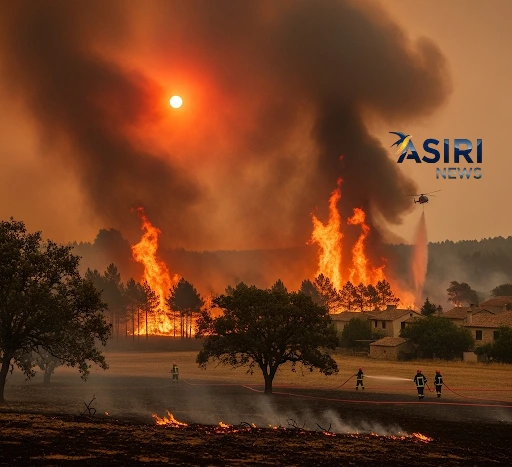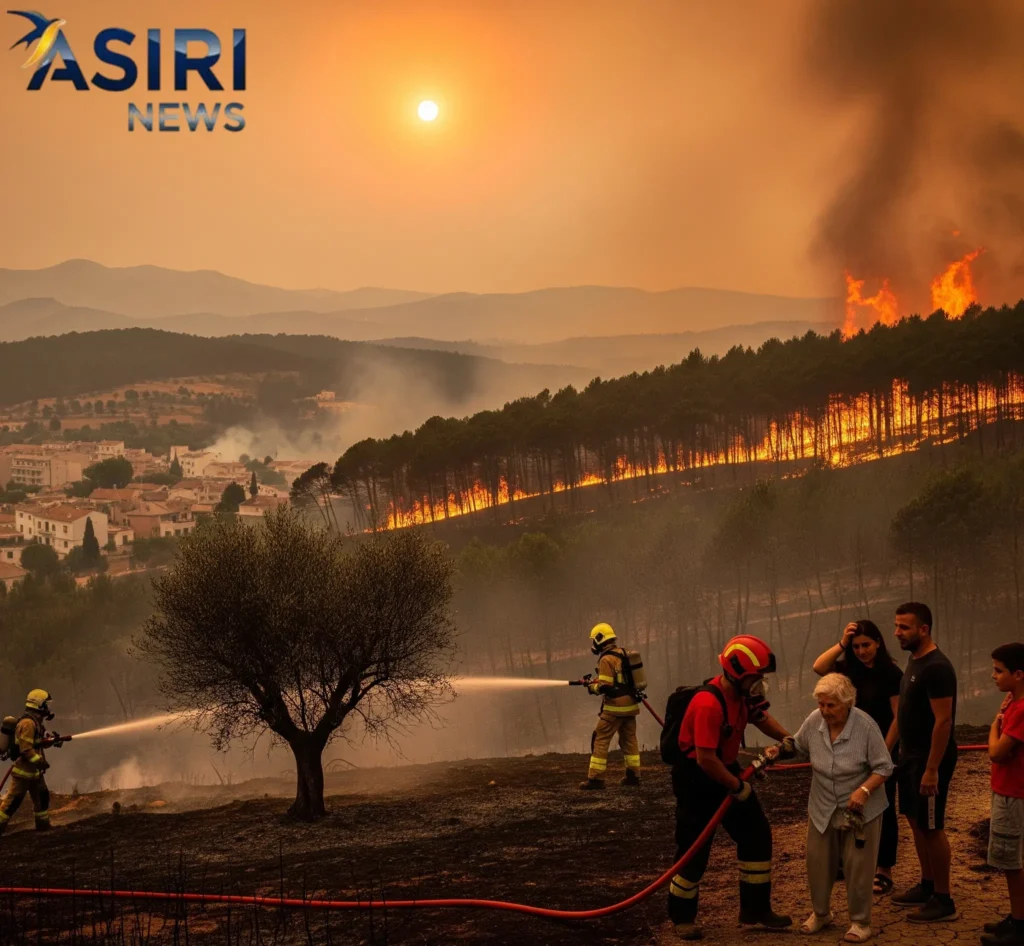Europe is in the midst of its most devastating wildfire season in recorded history, a stark and fiery manifestation of the intensifying climate crisis. Official data confirms that over 1,028,000 hectares have burned across the European Union this year, a figure that shatters the previous record set in 2017 and is four times the average for the past two decades. This environmental catastrophe, propelled by a punishing 16-day heatwave across the Iberian Peninsula, is having a profound and multifaceted impact on ecosystems, economies, and human lives.

The blazes have been most severe in Spain and Portugal, with provisional data from the European Forest Fire Information System (EFFIS) indicating that Spain alone has lost over 400,000 hectares, making it the country’s worst fire season in 30 years. Portugal has also been ravaged, with the Piódão blaze contributing to the 270,000 hectares burned, which represents over 3% of the country’s entire area. The devastation has forced the evacuation of thousands of people across both nations, with over 9,500 people displaced in Spain alone.
The human cost extends beyond evacuations. At least 26 people have died as a result of the fires across Europe, including volunteer rescuers and forest service workers. The fires have also caused extensive damage to infrastructure and property, with dozens of homes and farm buildings destroyed, and vital transportation links—including major roads and a section of the popular Camino de Santiago pilgrimage trail—being closed. The economic impact is projected to be in the tens of billions of euros, with losses from damaged infrastructure, disrupted agriculture, and a sharp decline in tourism.
The fires are more than just a seasonal event; they are a direct consequence of a rapidly changing climate. Scientists point to a “perfect molotov cocktail” of factors, including prolonged drought, extreme heat, and a rise in flammable vegetation that has been exacerbated by years of rural depopulation and poor land management. These conditions have allowed fires to burn hotter and spread faster than ever before, making them harder to contain. The environmental impact is equally alarming. The blazes have released a staggering 38 million tonnes of CO₂, pushing the EU closer to setting a new record for emissions from fires.
As the continent battles this escalating crisis, the fires serve as a powerful and urgent reminder of the need for both immediate prevention efforts and long-term strategies to combat the effects of a warming planet.



